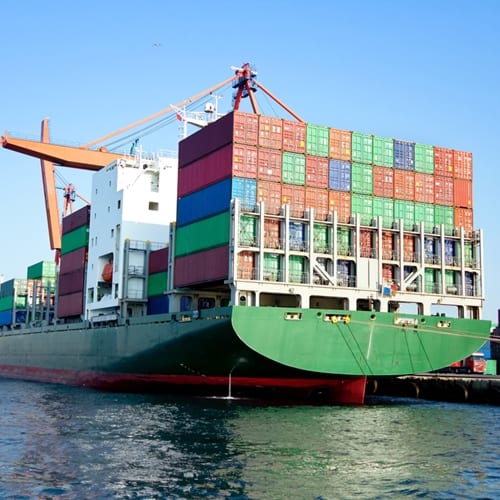This February, a Danish cargo ship, the Svendborg Maersk, lost hundreds of shipping containers in the midst of a dangerous Atlantic storm. More information on this incident is now available through a report released by the Danish Marine Accident Investigation Board. To fully judge these accidents, all assessors need both the underwater crew to perform assessments and the commercial diving insurance to keep them covered: otherwise, key details will be missed.
Among other things, the report gives concrete information about the losses the ship suffered that day: A total of 517 cargo containers were swept overboard, with 250 others damaged. The Svendborg Maersk was traveling from Rotterdam to the Suez Canal, and the crew knew about the possible storm activity beforehand. To protect the cargo, the master of the ship called for the containers to be lashed to the boat securely.
Unfortunately, the lashings used weren't enough to keep the containers onboard. A series of heavy ship rolls led to the cargo loss, and the intensity and angle of these sudden movements led to the units pitching free. The report describes how the "Fully Automatic Twistlocks" (FATs) ended up failing, and the way the weather managed to affect key container weaknesses.
"The high stacking of containers may have contributed to the severity of the consequences," the report reads. "However, the lashings had never been calculated or designed to withstand roll angles as those encountered by Svendborg Maersk on 14 February 2014."
As a result of this incident, Maersk is now reportedly increasing its heavy weather training and looking into the safety problems brought on by inefficient locks.
In addition to investigating the craft, marine authorities need to know everything they can about the causes of an incident like this. Diving insurance should protect personnel who must search for lost goods and determine what cargo is missing.

